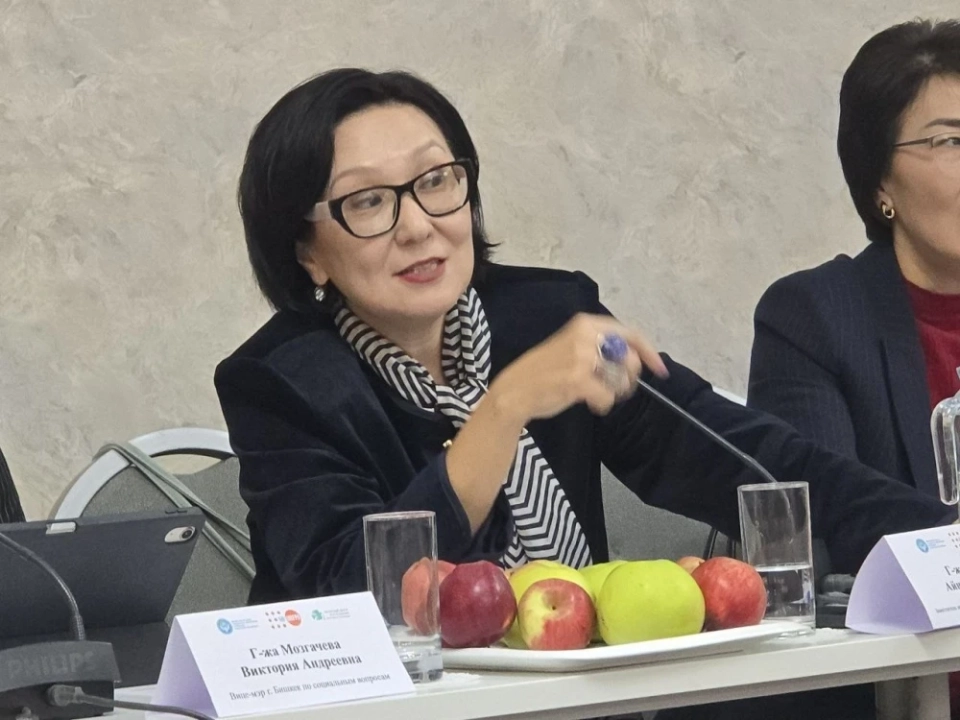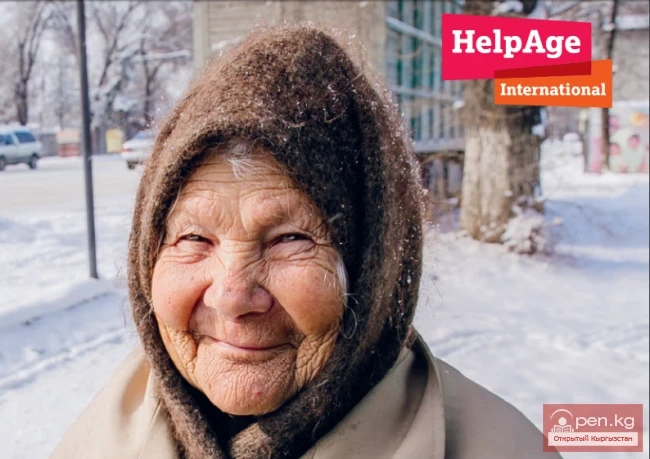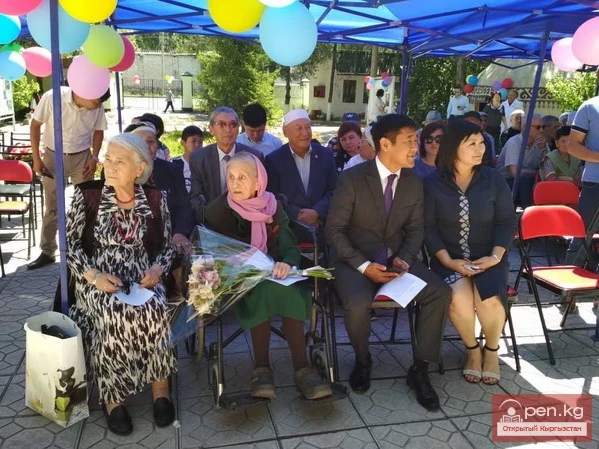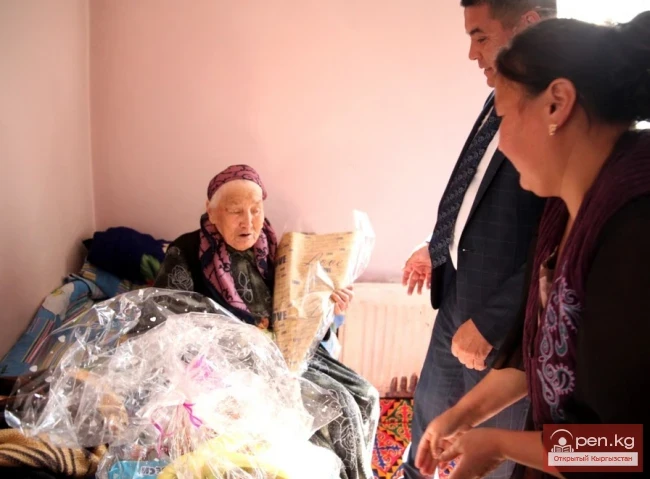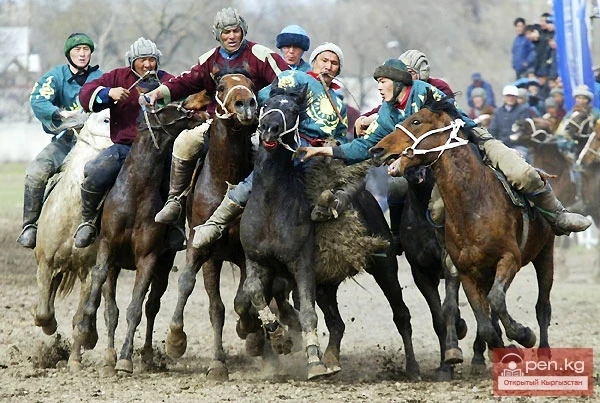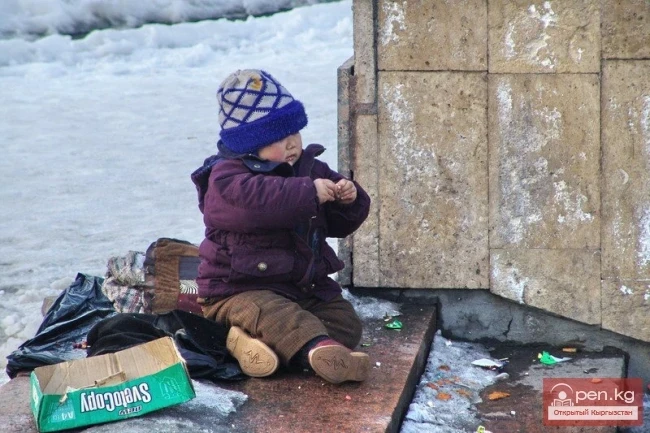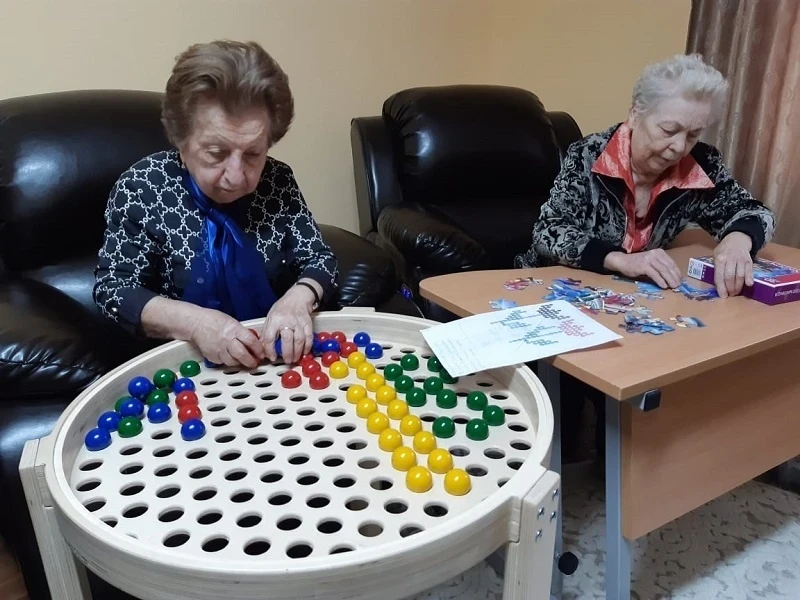
Participants of the meeting emphasized that such institutions could become a worthy alternative to nursing homes. Elderly citizens could visit these centers from morning until evening, which is a common practice in European and US countries. In Moscow, for example, similar "gardens for the elderly" began to open in 2011.
These centers would serve as a place for communication among retirees, providing opportunities for various activities such as gymnastics, yoga, choral singing, and handicrafts. The establishment would operate from 8 AM to 10 PM, offering balanced meals and medical supervision.
Experts noted that Kyrgyzstan ranks first in the number of deaths from strokes. The number of people with dementia is also increasing, and relatives of such patients have long expressed the need for the creation of day centers where the elderly could be under the supervision of specialists. However, to date, there are no standards or requirements for such institutions.
The conference also discussed various formats for the centers: from places for people requiring care to interest clubs for active retirees. Representatives from Uzbekistan, Kazakhstan, Russia, Georgia, Armenia, and Azerbaijan shared their experiences in organizing such institutions, showcasing photographs and best practices.
According to seminar participants, the daily routine in such centers includes breakfast, lunch, a two-hour rest, and interest-based activities: English language, yoga, choral singing, and knitting—all free of charge, funded by the city budget.
Employees of one of the nursing homes for the elderly in Bishkek also confirmed that interest in such services is growing: "If before we had to persuade elderly people to come for rehabilitation, now there is a queue. Even if a person has everything, they are simply bored. Here, there is communication and the opportunity to engage in their favorite activities."
Specialists emphasize that while the city cannot provide care for all elderly people yet, it should start with lonely residents of the capital. Families with elderly parents are also interested in this idea, as often the children are at work, leaving their 80-year-old mother or father alone.
"For many families, this is a serious problem. Private care services are expensive, and hiring a caregiver is still premature. Sending them to a nursing home is hard. Day centers could be a real salvation. People living with children could receive vouchers for a reasonable fee," noted the discussion participants.
Experts are confident that the existing system of social services for the elderly in Kyrgyzstan does not meet modern requirements. According to an analytical review, about 6 percent of the country's population consists of elderly people, and this share will continue to grow. People are living longer and deserve an active and fulfilling life.
